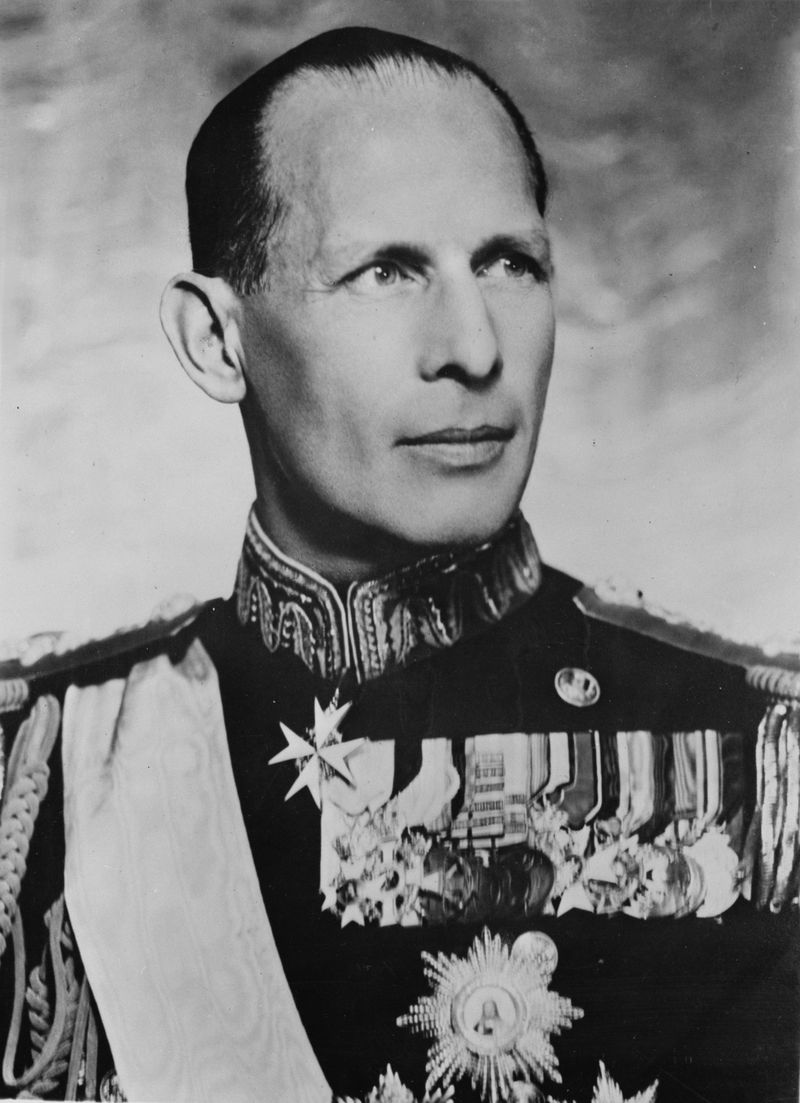While parents in the United States enjoy significant freedom when it comes to naming their children, other countries enforce stricter regulations to protect children from potentially problematic names. In this blog post, we’ll explore ten baby names that are popular in the U.S. but are banned in other parts of the world, highlighting cultural differences and unique naming laws.
1. Linda

Linda, a timeless name cherished by many American families, finds itself on the banned list in Iceland. The nation’s Naming Committee enforces strict guidelines to preserve Icelandic tradition and language. Linda, meaning “pretty,” doesn’t conform to the Icelandic language structure.
Parents in Iceland must choose names from a pre-approved list, ensuring linguistic compatibility. Despite its bans, Linda remains a beloved classic in the U.S., symbolizing beauty and charm. This cultural contrast highlights the importance of preserving linguistic heritage while embracing global naming trends.
2. Tom

Tom, a beloved moniker for countless American boys, faces a ban in Germany. The German naming laws require names to clearly indicate gender, and Tom, as a diminutive form, doesn’t meet this criterion. In the U.S., Tom is celebrated for its simplicity and strong consonance.
In Germany, parents must choose full names, adding complexity to the naming process. Despite the ban, Tom enjoys enduring popularity stateside, supported by cultural icons like Tom Sawyer and Tom Hanks. This illustrates how linguistic requirements shape naming conventions around the world.
3. Sarah

Sarah, a name steeped in biblical history, is popular across the U.S., but it faces restrictions in Morocco. Moroccan laws demand that names reflect the baby’s gender and cultural heritage, and Sarah doesn’t align with these requirements.
While Sarah remains treasured in America for its graceful and timeless appeal, Moroccan parents often opt for names with local significance. Sarah’s ban underscores the delicate balance between global name popularity and cultural preservation, a testament to the diverse world of naming.
4. Harriet

Harriet, a name connected to strength and leadership, is adored in the U.S. but banned in Sweden. The Swedish Naming Law mandates names to not cause discomfort or offense, aiming to protect children. Harriet, unfamiliar in Swedish context, got caught in these regulations.
In America, Harriet is a nod to historical figures like Harriet Tubman, embodying resilience and bravery. The contrast highlights differing national perspectives on identity and individuality in naming practices, illustrating the cultural nuance in a seemingly simple choice.
5. William

William, a name synonymous with royalty and elegance, holds a special place in American hearts but faces restrictions in France. French naming laws require names to align with national heritage, and William, despite its regal ties, doesn’t always fit.
In the U.S., William is celebrated for its historical significance and timeless appeal, reminding us of kings and presidents. France’s approach emphasizes cultural integrity, preserving linguistic roots while limiting foreign influences in naming. This showcases how national identity shapes naming conventions worldwide.
6. George

George, a name that conjures images of statesmanship and strength in the U.S., faces rejection in Greece. Greek naming rules prioritize names derived from Greek Orthodox tradition, and George, though common in English, doesn’t always meet the criteria.
In America, George is celebrated for its presidential association and classic resonance. This contrast underlines how religious and cultural heritage influence naming choices, illustrating the complex weave of tradition and modernity in different parts of the world.
7. Alice

Alice, a name evoking wonder and curiosity, is beloved in the U.S., but Denmark’s stringent naming laws pose challenges. The Danish Naming Committee ensures names fit social norms and linguistic traditions, and Alice sometimes finds itself outside these boundaries.
In America, Alice is synonymous with imagination, linked to Lewis Carroll’s literary adventures. Denmark’s regulations preserve cultural identity, reflecting societal values through names. This juxtaposition reveals how names can carry different meanings and significance globally, highlighting the beautiful diversity of language and culture.
8. Brigitte

Brigitte, a name radiating elegance and style, popular in the U.S., faces limitations in France. French naming laws prioritize cultural cohesion, and Brigitte’s spelling and pronunciation sometimes clash with these standards.
While Brigitte shines in American contexts, inspired by icons like Brigitte Bardot, French regulations aim to maintain linguistic purity. This difference underscores the delicate balance between personal expression and cultural conformity in naming, highlighting the intricate relationships between language, identity, and tradition.
9. Mia

Mia, a short and sweet name cherished in the U.S., faces a ban in Sweden due to naming restrictions. The Swedish Naming Law mandates names to fit societal norms and not lead to discomfort, and Mia sometimes falls short.
In America, Mia’s brevity and charm make it a trendy choice. Sweden’s emphasis on societal harmony reflects in its naming laws, highlighting how cultural priorities influence personal choices. This showcases the fascinating interplay between individuality and community values across different cultures.
10. Chow Tow

Chow Tow, a name that might sound amusing to some, is banned in Malaysia due to its meaning—”smelly head.” Malaysian naming laws prohibit names that could cause ridicule or discomfort, reflecting a focus on respect and dignity.
Though rare in the U.S., this example highlights cultural sensitivities around names. Malaysia’s approach underlines the importance of thoughtful naming, considering societal impacts and interpretations. This example serves as a reminder of the profound cultural considerations inherent in naming practices worldwide.

